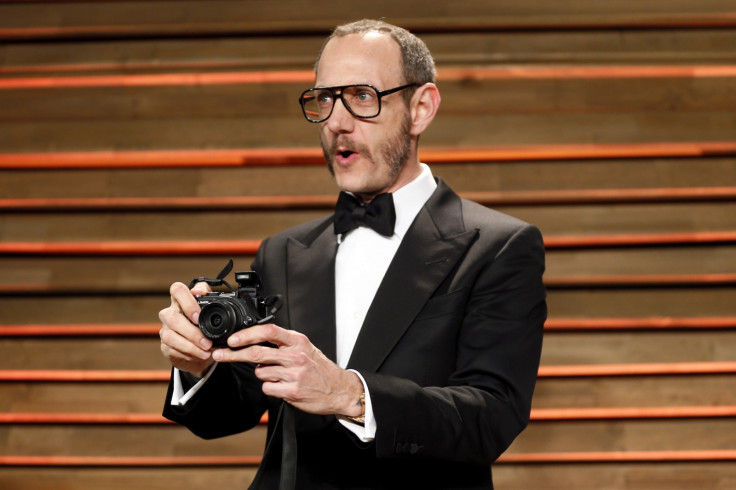Terry Richardson says his 'sexual' photo shoots were all consensual amid abuse claims
Publishing giant Condé Nast has said it will no longer work with Richardson.
Fashion photographer Terry Richardson has admitted that in his photo shoots he interacted with his models in a sexual way but that it was consensual, in his first response since his effective ban by publishing giant Condé Nast.
After facing claims for years of sexually exploiting young models, his spokesperson said in a statement to the Telegraph that he was "disappointed" at the ban and that some of his "professional interactions with subjects were sexual and explicit in nature" but that "all of the subjects of his work participated consensually".
The response come after another Telegraph report which quoted an internal email from Condé Nast's chief operating officer saying that Richardson should no longer be used by the company's titles and any unpublished work by Richardson should be replaced.
The internal memo is thought to be a reaction to mounting pressure on media companies to tackle sexual harrassment in the wake of numerous women coming forward to accuse producer Harvey Weinstein of harrassment and assault.
Condé Nast International confirmed the reported content of the email to IBTimes UK and said they had "no further comment to make". The brand publishes world-renowned magazines including Vogue, GQ, Glamour and Vanity Fair.
Richardson has faced accusations of sexually inappropriate behaviour with models for years, including exploiting models as young as 19.
Richardson denies the accusations. On Sunday 22 October, a piece in the Sunday Times asked why Richardson was still lauded by the industry "despite gaining a reputation as the Harvey Weinstein of fashion".
Alongside numerous shoots with the largest fashion brands and magazines in the world, Richardson has directed several music videos including Mylie Cyrus's famous 'Wrecking Ball' video. He has also taken portraits of numerous celebrities, including former US President Barack Obama.























